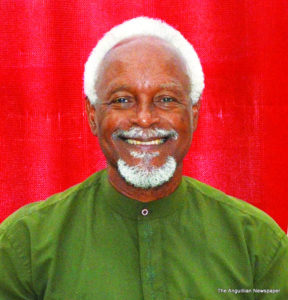
As we wrestle with defining ourselves as Anguillians, we must of necessity consider the form of governance which we have inherited, and accepted as an important aspect of that definition.
What is democracy? Democracy is a form of government in which the ‘supreme power is vested in the people, exercised by a system of representation,’ involving periodically free elections in which the individual vote is central and sacred. Abraham Lincoln’s definition of democracy captures its essence in these memorable lines, spoken at the dedication of the of the military cemetery at Gettysburg on 19th November 1863: “…And that Government of the people, by the people, for the people shall not perish from the earth.”
The English-Speaking Caribbean and Western Countries also cherish democracy (with all its shortcomings) ‘as the ideal system of government’ which fulfills the collective expectations of its people. In Anguilla, that right is taken seriously by the majority of the electorate.
Democracy is threatened by three forces: (1) An indifferent public whose prime loyalty is to party, thus the public welfare, or the common good, is of little or importance. Politicians, therefore, can exploit that posture. (2) Growing cynicism as expressed in the loss of confidence in the democratic process, often corrupted by money and nepotism. (3) Incivility and growing disregard for our institutions. These forces, which threaten democracy, can be mitigated by our collective commitment to information, communication, and evaluation (ICE) which lead to understanding.
Wycherley Gumbs








